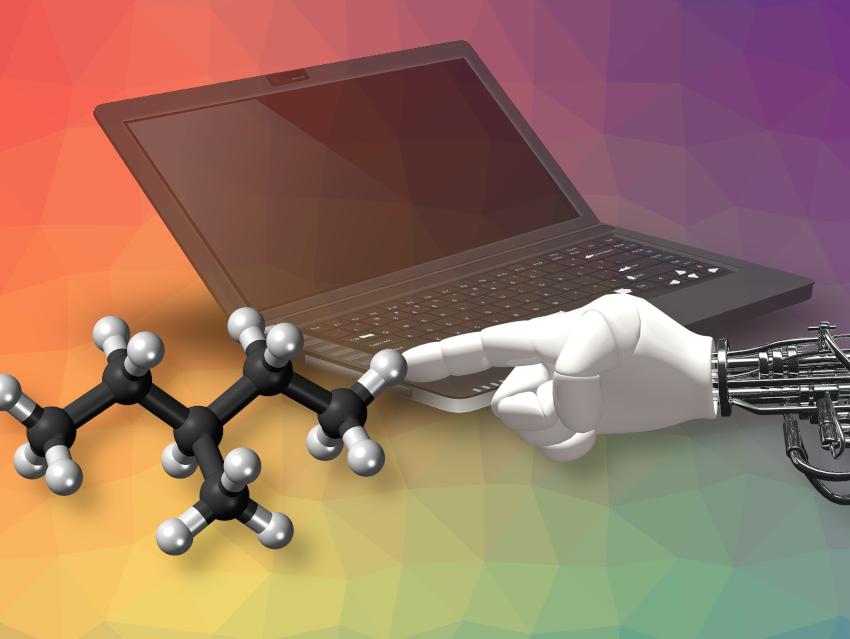Large language models (LLMs), such as GPT-4, can be useful in different fields, e.g., computer coding or biological and chemical research. Combining such LLMs with laboratory automation technologies could allow researchers to build a system that autonomously designs and executes scientific experiments—essentially, an AI-powered lab partner for chemists.
Gabe Gomes, Carnegie Mellon University, Pittsburgh, PA, USA, and colleagues have developed an AI agent, called Coscientist, that can autonomously design, plan, and perform complex scientific experiments. The system can employ LLMs for various tasks, browse the internet and refer to relevant documentation, use programming interfaces for robotic experimentation, and analyze experimental results.
The team used the system for accelerating diverse tasks that come up in research, including assignments such as planning chemical syntheses using publicly available data, navigating extensive hardware documentation, controlling liquid handling instruments, and—as a complex task—the reaction optimization of Suzuki and Sonogashira cross-couplings.
The system looked up information on Wikipedia as well as in academic papers describing relevant reactions, designed a procedure for carrying out the reactions, corrected errors in the code used to control lab robots, and successfully carried out the reactions. The team points out that it is important to ensure the ethical and responsible use of such powerful AI tools.
- Autonomous chemical research with large language models,
Daniil A. Boiko, Robert MacKnight, Ben Kline, Gabe Gomes,
Nature 2023.
https://doi.org/10.1038/s41586-023-06792-0


